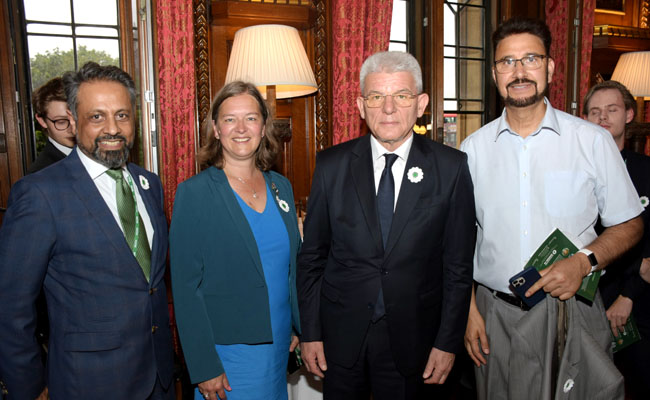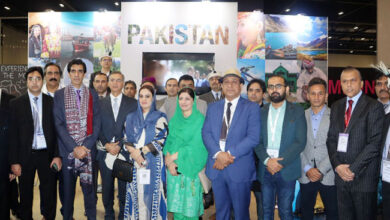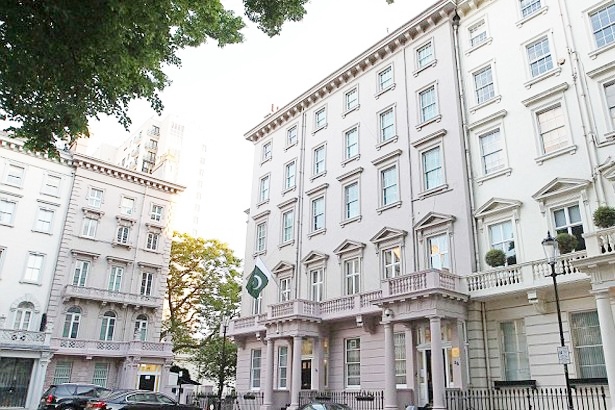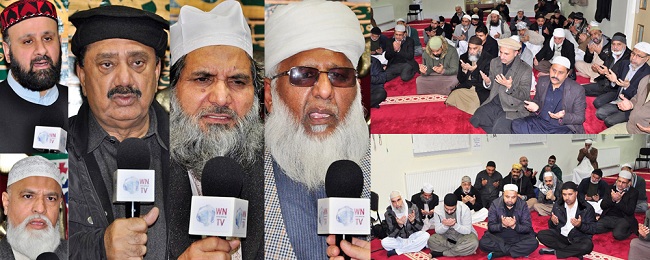UK marks Srebrenica genocide with largest commemorations in the world

London: The UK will marked 27th anniversary of Srebrenica Memorial Day on 13th July at a memorial reception by Her Majesty’s Government hosted by the Minister of State of the United Kingdom at the Foreign, Commonwealth and Development Office and organised by the charity Remembering Srebrenica in the Locarno Suite at the Foreign, Commonwealth and Development Office.
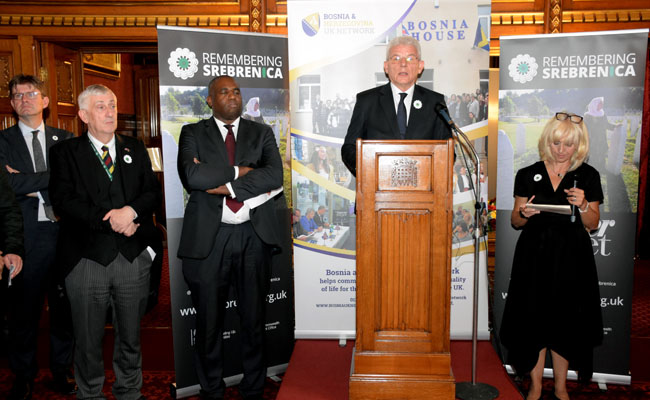
The Speaker of the UK Parliament, the Rt Hon Sir Lindsay Hoyle MP hosted a Srebrenica Memorial Parliamentary Reception organised by the charity Remembering Srebrenica on 12th July in the State Rooms at the House of Commons.
The Chairman of the Presidency of Bosnia and Herzegovina, President Šefik Džaferović spoke at these two national memorial events and the survivor of the Srebrenica genocide, Dr Emir Suljagić shared his testimony.

Alongside these high profiled memorial events Remembering Srebrenica’s eleven boards and 1,450 Community Champions held around 1,000 Srebrenica memorial activities in schools, town halls, police stations, mosques, synagogues, churches and community centres across different cities and town throughout the country during UK’s Memorial Week from 4th until 11th July making UK the largest commemorator in the world of local Srebrenica memorial activities.
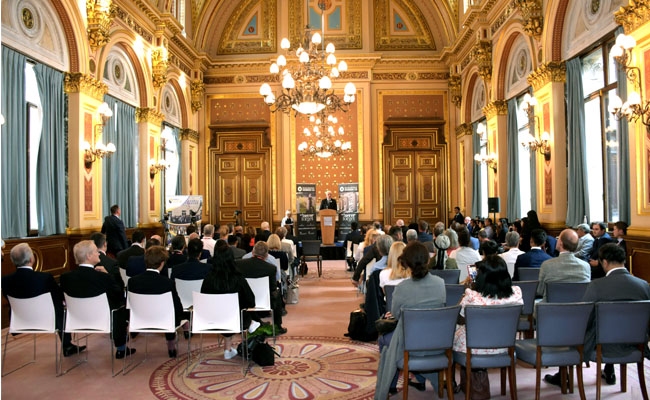
Each year, Remembering Srebrenica UK selects a theme that not only reflects an aspect of the genocide that must be commemorated, but also speaks to communities in the UK. The theme for 2022 is ‘Combatting Denial: Challenging Hatred’. Described by the United Nations as the ‘worst crime on European soil since the Second World War’, the killings at Srebrenica have been classified as genocide by both the International Court of Justice and the International Criminal Tribunal of the former Yugoslavia. Despite this unequivocal fact, denial of the Srebrenica genocide as well as the crimes against humanity committed across Bosnia and Herzegovina between 1992 to 1995 remains prevalent amongst individuals and institutions at the highest levels, including the Mayor of Srebrenica, the current political leadership of Republika Srpska and Serbia as well as Russia which vetoed a UN resolution in 2015 to condemn the killings at Srebrenica as a genocide.
The Chairman of Remembering Srebrenica, Dr Waqar Azmi OBE said:

“Denial is the final stage of the ten steps to genocide and is now being used to break up the state of Bosnia and Herzegovina by Bosnian Serb leader Milorad Dodik who in seeking support from Russia is driven by an ideology of uniting the “Serb world” – an idea alarmingly similar to former President Slobodan Milošević’s “Greater Serbia” which underpinned the Bosnian Serb campaign of the 1990s that culminated in the planned, systematic and industrialised murder of just under 100,000 Muslims, displacement of two million people and the genocidal rape of up to 50,000 women simply because of their identity.
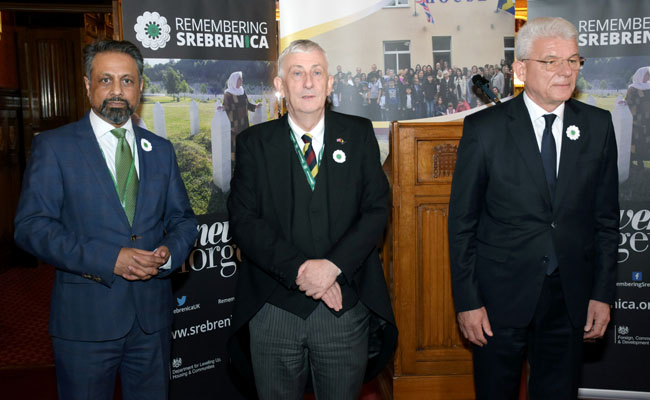
The horrific scenes from Ukraine and denial of innocent civilians being subjected to war crimes at the hands of the Russian Army shows that we cannot be bystanders and, therefore, this year’s twin aimed theme seeks to shine a light on the importance of combatting denial and the need to confront the hatred behind the denial as well as encourage people to recognise the important role that they can play in combating denial to help build safer, stronger communities for all”, he said.
